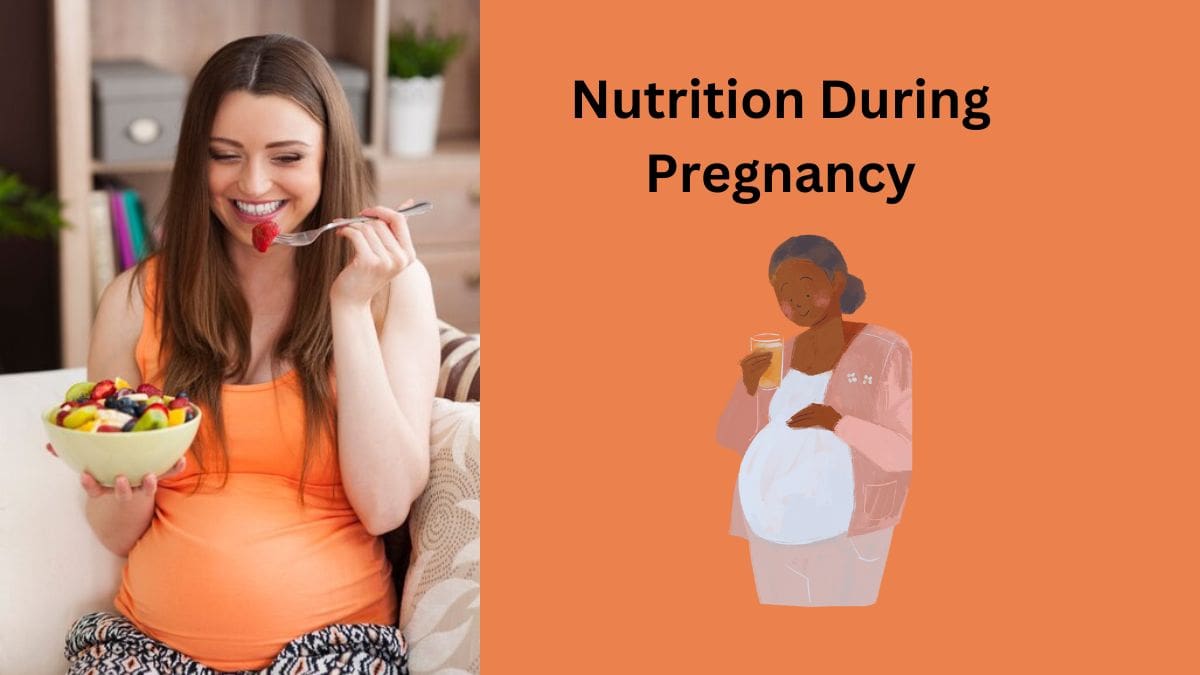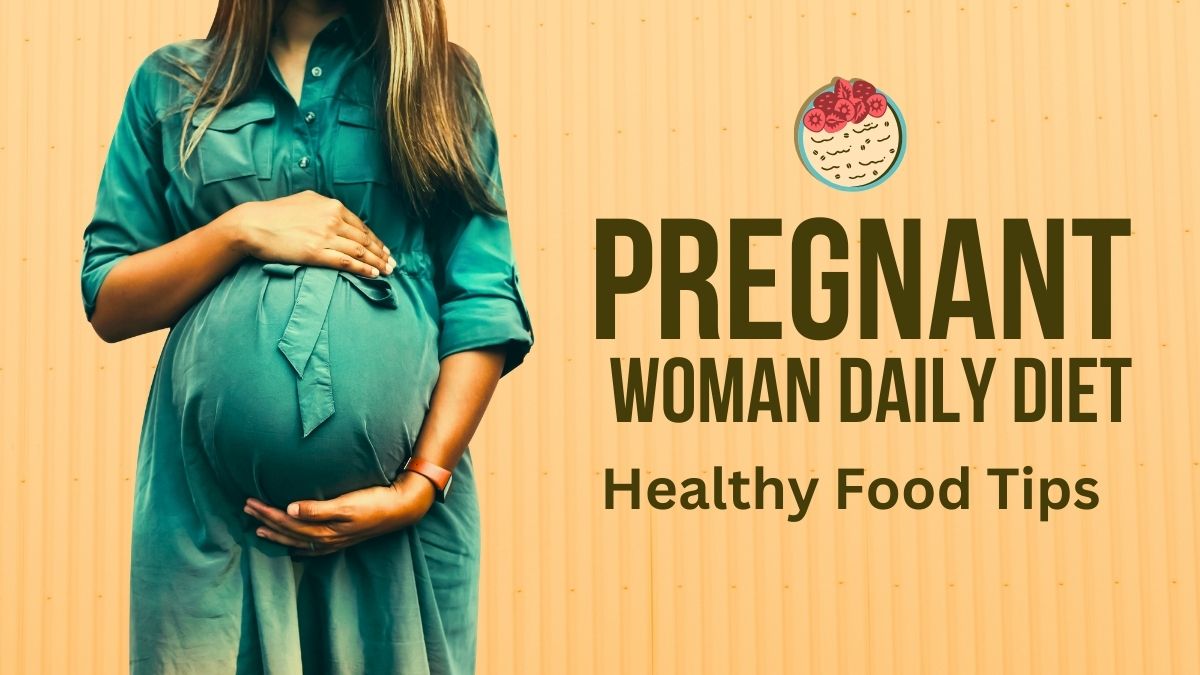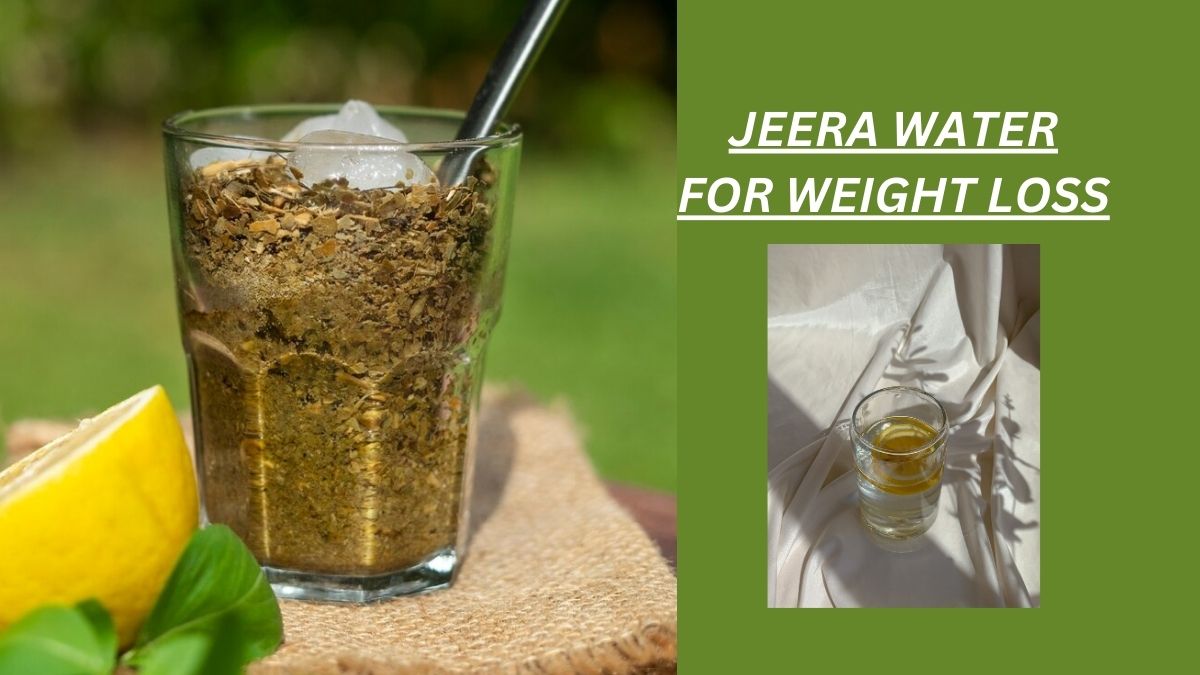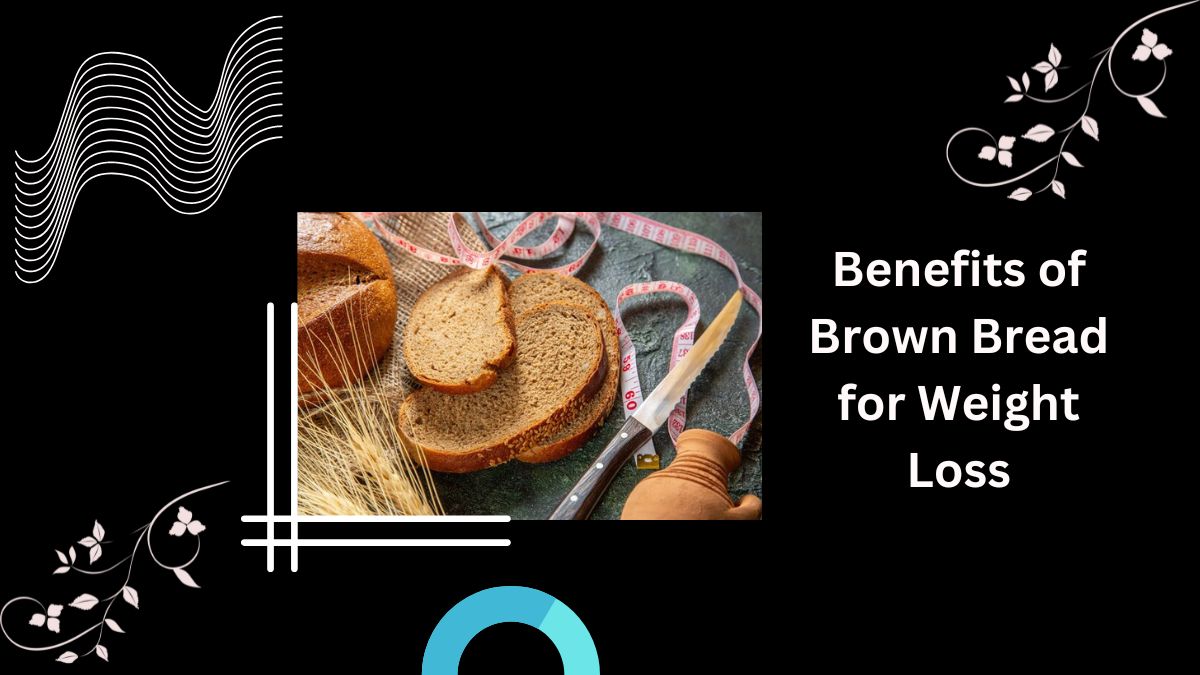“Discover 10 Essential Healthy Pregnancy Food Tips to support you and your baby’s well-being. From nutrient-rich foods to hydration and meal planning, ensure a balanced diet for a healthy pregnancy journey.”
Table of Contents
Introduction
importance of nutrition during pregnancy.

During pregnancy, proper nutrition plays a crucial role in supporting both the mother’s health and the development of the growing baby. It provides essential nutrients needed for the formation of organs, tissues, and overall healthy growth.
Adequate nutrition during pregnancy helps reduce the risk of complications such as low birth weight, preterm birth, and birth defects. Additionally, a balanced diet supports the mother’s energy levels, helps maintain a healthy weight, and reduces the likelihood of developing gestational diabetes and other pregnancy-related conditions.
Overall, prioritizing nutrition during pregnancy is essential for ensuring the well-being of both the mother and the unborn child.
Introduce the keyword and its significance.
“Embarking on the journey of pregnancy brings forth a myriad of changes, and one of the most significant factors to consider is nutrition.
In this guide, we delve into the importance of healthy eating during pregnancy and provide invaluable tips to ensure both the mother and baby thrive.
From essential nutrients to mindful meal planning, explore how ‘healthy pregnancy food’ can positively impact this transformative period.”
The Importance Of A Balanced Diet During Pregnancy.
Maintaining a balanced diet during pregnancy is paramount for both the mother’s well-being and the healthy development of the growing baby. Here’s why:
- Nutrient Supply: A balanced diet provides essential nutrients such as folic acid, iron, calcium, protein, and vitamins, which are crucial for the baby’s growth and development.
- Healthy Weight Gain: Eating a balanced diet helps regulate weight gain during pregnancy, reducing the risk of complications such as gestational diabetes and hypertension.
- Energy Levels: Pregnancy can be physically demanding, and a balanced diet ensures that the mother receives adequate energy to support her body’s needs and the demands of pregnancy.
- Reduced Risk of Birth Defects: Certain nutrients, like folic acid, are essential for preventing neural tube defects in the baby. A balanced diet rich in these nutrients lowers the risk of birth defects.
- Optimal Organ Development: Nutrients obtained from a balanced diet support the development of vital organs such as the brain, heart, and bones in the growing baby.
- Healthy Pregnancy Outcomes: Research shows that women who follow a balanced diet during pregnancy are more likely to have healthy pregnancies, fewer complications during childbirth, and healthier babies.
In essence, a balanced diet during pregnancy sets the foundation for a healthy pregnancy journey, promoting the well-being of both the mother and her baby.
Healthy Pregnancy Food
Several key nutrients are essential for a healthy pregnancy, as they play critical roles in supporting the mother’s health and the development of the growing baby. Here are some of the most important nutrients to focus on:
- Folic Acid (Folate): Vital for preventing neural tube defects in the baby’s brain and spine. It’s crucial to start taking folic acid supplements before conception and continue throughout early pregnancy.
- Iron: Necessary for the production of red blood cells to prevent anemia in both the mother and baby. Iron also supports the baby’s growth and development.
- Calcium: Essential for the development of the baby’s bones, teeth, muscles, and nerves.
- Protein: Protein also supports the mother’s increased blood volume and tissue repair.
- Omega-3 Fatty Acids: Omega-3 fatty acids, particularly DHA (docosahexaenoic acid), are important during pregnancy and breastfeeding.
- Vitamin D: Necessary for the absorption of calcium and the development of the baby’s bones and teeth. Adequate vitamin D intake also supports the mother’s immune function.
- Vitamin A: Important for the baby’s growth and development, including the development of the eyes, skin, and immune system. However, excessive intake of vitamin A can be harmful, so it’s essential to consume it in appropriate amounts.
- Vitamin C: Supports the mother’s immune function and helps with the absorption of iron. It also plays a role in the development of the baby’s bones and connective tissues.
- Vitamin B12: Vitamin B12 deficiency during pregnancy can lead to neurological problems in the baby.
- Zinc: Important for the baby’s growth and development, including cell division and DNA synthesis. Zinc also supports the mother’s immune function and wound healing.
Ensuring an adequate intake of these key nutrients through a balanced diet and, if necessary, prenatal supplements, is essential for promoting a healthy pregnancy and optimal fetal development.
Foods to Include
Specific foods that are beneficial during pregnancy.
- Leafy Greens (Spinach, Kale, Swiss Chard): These greens are rich in folate, iron, and fiber. Folate helps prevent neural tube defects, iron supports red blood cell production, and fiber aids in digestion and prevents constipation.
- Salmon: Salmon is a great source of omega-3 fatty acids, particularly DHA, which is crucial for fetal brain and eye development. It also provides high-quality protein and vitamin D.
- Greek Yogurt: Greek yogurt is packed with calcium, protein, and probiotics. Calcium supports bone health for both the mother and baby, protein aids in tissue repair and growth, and probiotics promote digestive health.
- Legumes (Lentils, Chickpeas, Beans): Legumes are excellent sources of protein, fiber, iron, folate, and zinc. They provide essential nutrients for fetal development and help prevent constipation and anemia.
- Berries (Blueberries, Strawberries, Raspberries): Berries are rich in antioxidants, vitamins, and fiber. They provide essential nutrients and help boost the immune system while aiding digestion and promoting overall health.
- Eggs: Eggs are a versatile and nutrient-dense food, providing protein, choline, vitamins D and B12, and omega-3 fatty acids. Choline is essential for brain development, while protein supports tissue repair and growth.
- Sweet Potatoes: Sweet potatoes are high in beta-carotene, a precursor to vitamin A, which is essential for fetal growth and development.
- Lean Meats (Chicken, Turkey, Lean Beef): Lean meats are rich in protein, iron, and zinc. These nutrients support fetal growth and development, red blood cell production, and immune function.
- Whole Grains (Oats, Quinoa, Brown Rice): Whole grains are excellent sources of complex carbohydrates, fiber, vitamins, and minerals.
- Avocado: Avocados are rich in healthy fats, particularly monounsaturated fats, potassium, fiber, and vitamins E, C, and B6. They support fetal brain and tissue development, aid digestion, and promote overall health.
Incorporating these nutrient-rich foods into a balanced diet during pregnancy can provide essential nutrients for both the mother and baby’s health and development.
examples of foods rich in essential nutrients like folate, iron, calcium, and omega-3 fatty acids.
Read More about losing belly fat at night
Lowest Calorie Intake to Lose Weight
- Folate:
- Spinach: This leafy green vegetable is high in folate, providing about 49% of the daily recommended intake per cup.
- Lentils: Lentils are a good plant-based source of folate, offering around 90% of the daily recommended intake per cup when cooked.
- Avocado: Avocado contains folate along with healthy fats, fiber, and other essential nutrients.
- Iron:
- Lean Red Meat: Beef and lamb are rich sources of heme iron, which is more easily absorbed by the body compared to non-heme iron found in plant foods.
- Chickpeas: These legumes are packed with iron, offering around 26% of the daily recommended intake per cup when cooked.
- Fortified Breakfast Cereals: Many breakfast cereals are fortified with iron, providing a convenient way to increase iron intake.
- Calcium:
- Dairy Products (Milk, Yogurt, Cheese): Dairy products are excellent sources of calcium, with one cup of milk providing approximately 30% of the daily recommended intake.
- Tofu: Tofu made with calcium sulfate is a good plant-based source of calcium, offering about 86% of the daily recommended intake per half-cup serving.
- Broccoli: This cruciferous vegetable contains calcium along with other vitamins and minerals, providing around 6% of the daily recommended intake per cup when cooked.
- Omega-3 Fatty Acids:
- Salmon: Fatty fish like salmon are rich in omega-3 fatty acids, particularly EPA and DHA, which are essential for brain and eye development in the fetus.
- Flaxseeds: Ground flaxseeds are a plant-based source of omega-3 fatty acids, providing alpha-linolenic acid (ALA), a precursor to EPA and DHA.
- Walnuts: Walnuts contain ALA, making them a convenient vegetarian source of omega-3 fatty acids.
Incorporating these nutrient-rich foods into a balanced diet during pregnancy can help ensure adequate intake of folate, iron, calcium, and omega-3 fatty acids, which are essential for maternal health and fetal development.
Lose Belly Fat in 7 Days at Home
Importance of Hydration
Provide tips on how to increase water intake and incorporate hydrating foods.
- Carry a Water Bottle: Keep a reusable water bottle with you throughout the day, whether you’re at home, at work, or running errands. Having water readily available makes it easier to sip frequently and stay hydrated.
- Set Reminders: Use phone alerts or set reminders on your calendar to drink water at regular intervals throughout the day. This can help you establish a routine and ensure you’re drinking enough water consistently.
- Infuse Water with Flavor: Add natural flavor to your water by infusing it with slices of fruits like lemon, lime, cucumber, or berries. This can make drinking water more enjoyable and encourage you to drink more throughout the day.
- Eat Hydrating Foods: Incorporate foods with high water content into your meals and snacks. Some hydrating foods include watermelon, cucumber, oranges, strawberries, celery, and lettuce. Including these foods in your diet can contribute to your overall fluid intake.
- Drink Water Before and After Meals: Make it a habit to drink a glass of water before and after each meal. This not only helps with hydration but also aids in digestion and can prevent overeating.
- Opt for Soups and Broths: Enjoy soups and broths made with clear broth and plenty of vegetables. These liquids provide hydration along with essential nutrients and can be a comforting option, especially during colder weather.
- Choose Hydrating Snacks: Instead of reaching for sugary or salty snacks, opt for hydrating options like fresh fruits, vegetables with hummus or yogurt dip, or a small handful of nuts with a glass of water.
- Monitor Urine Color: Pay attention to the color of your urine as it can indicate your hydration status. Aim for pale yellow urine, which is a sign of adequate hydration. Dark yellow urine may indicate dehydration and should prompt you to drink more water.
- Limit Caffeine and Sugary Beverages: Reduce consumption of caffeinated and sugary beverages, as they can contribute to dehydration. Instead, prioritize water as your primary source of hydration.
- Listen to Your Body: Lastly, listen to your body’s thirst cues and drink water whenever you feel thirsty. Pregnancy increases your body’s need for fluids, so trust your instincts and drink water whenever you feel the urge.
Incorporating these tips into your daily routine can help you increase water intake and stay hydrated throughout your pregnancy, supporting both your health and the health of your baby.
Outline foods that should be avoided during pregnancy.
- Introduction to Avoided Foods:
- A brief overview of the importance of being cautious about food choices during pregnancy.
- Emphasize the significance of avoiding certain foods to prevent potential risks to the mother and baby.
- Raw or Undercooked Meat and Eggs:
- Explanation of the risk of bacterial infections such as salmonella and listeria from consuming raw or undercooked meat, poultry, seafood, and eggs.
- Specific examples of foods to avoid, such as raw sushi, rare steak, and runny eggs.
- Unpasteurized Dairy Products:
- Discussion of the potential presence of harmful bacteria like Listeria monocytogenes in unpasteurized dairy products.
- Examples of unpasteurized dairy items to avoid include soft cheeses like brie, camembert, and feta, as well as unpasteurized milk and juice.
- Raw or Undercooked Seafood:
- Explanation of the risks of consuming raw or undercooked seafood, including exposure to harmful bacteria, parasites, and mercury.
- Mention specific seafood items to avoid, such as raw oysters, sushi, and ceviche.
- High-Mercury Fish:
- Discussion of the potential adverse effects of mercury on fetal development, particularly neurodevelopmental issues.
- List of high-mercury fish to avoid, such as shark, swordfish, king mackerel, and tilefish, along with recommendations for safer seafood options.
- Delicatessen Meats and Processed Foods:
- Explanation of the risk of listeria contamination in deli meats and processed foods, which can lead to miscarriage, stillbirth, or severe illness in newborns.
- Examples of deli meats and processed foods to avoid include cold cuts, hot dogs, and pre-packaged salads.
- Unwashed Fruits and Vegetables:
- Discussion of the importance of washing fruits and vegetables thoroughly to remove harmful bacteria and pesticides.
- Recommendations for safe handling and preparation of fresh produce to minimize the risk of foodborne illnesses.
- Caffeine and Alcohol:
- Explanation of the potential adverse effects of caffeine and alcohol on fetal development.
- Guidelines for limiting caffeine intake to 200-300 mg per day and avoiding alcohol altogether during pregnancy.
- Conclusion:
- Summary of key points regarding foods to avoid during pregnancy to ensure the health and safety of both the mother and baby.
- Pregnant individuals should consult with their healthcare provider for personalized dietary recommendations and guidance.
By following this outline, you can create a comprehensive guide outlining foods that should be avoided during pregnancy, providing valuable information and guidance for expectant mothers.
Meal Planning and Portion Control
Tips for planning nutritious meals during pregnancy.
- Include a Variety of Food Groups:
- Aim to include fruits, vegetables, whole grains, lean proteins, and healthy fats in each meal.
- Prioritize Nutrient-Rich Foods:
- Choose nutrient-dense foods that provide essential vitamins and minerals necessary for pregnancy. Focus on foods like leafy greens, berries, lean meats, beans, nuts, and seeds.
- Eat Regularly Throughout the Day:
- Aim to eat small, frequent meals and snacks throughout the day to maintain stable blood sugar levels and prevent excessive hunger. This can help regulate energy levels and prevent overeating.
- Plan Balanced Meals:
- Plan meals that include a balance of carbohydrates, protein, and healthy fats. This balance can help keep you feeling satisfied and provide sustained energy throughout the day.
- Include Protein with Every Meal:
- Make sure to include a source of protein with each meal, such as poultry, fish, tofu, beans, or eggs. Protein is essential for fetal growth and development and helps keep you feeling full.
- Opt for Whole Grains:
- Choose whole grains like brown rice, quinoa, oats, and whole wheat bread and pasta. Whole grains provide fiber, vitamins, and minerals, and can help regulate digestion and prevent constipation.
- Add Color to Your Plate:
- Different colors indicate different nutrients, so eating a rainbow of fruits and veggies ensures you’re getting a wide range of vitamins and minerals.
- Stay Hydrated:
- Drink plenty of water throughout the day to stay hydrated. Aim for at least 8-10 cups of water per day, and more if you’re physically active or it’s hot outside. Herbal teas, fruit-infused water, and coconut water are also good options.
- Incorporate Healthy Fats:
- Include sources of healthy fats in your meals, such as avocado, nuts, seeds, and olive oil. Healthy fats are important for brain development and can help you absorb fat-soluble vitamins.
- Listen to Your Body:
- Pay attention to your hunger and fullness cues, eat when you’re hungry, and stop when you’re satisfied. Trust your body to guide you in meeting your nutritional needs during pregnancy.
By following these tips, you can plan nutritious meals that support your health and the health of your baby throughout pregnancy.
Conclusion
In summary, maintaining a healthy diet during pregnancy is crucial for promoting maternal health, supporting fetal development, preventing complications, and ensuring a successful pregnancy outcome. By prioritizing nutrition and making informed food choices, mothers can provide the best possible start for their babies’ health and well-being.
FAQ
What constitutes a balanced diet during pregnancy?
Eat a Balanced Diet: Consume a variety of nutrient-rich foods including fruits, vegetables, whole grains, lean proteins, and healthy fats to support both your health and your baby’s development.
How much water should I drink daily during pregnancy?
Aim for at least 8-10 cups of water daily, adjusting for increased needs during pregnancy.
Why is folic acid important during pregnancy and which foods are rich in it?
Include Folic Acid: Ensure adequate intake of folic acid by consuming foods such as leafy greens, citrus fruits, fortified cereals, and beans to help prevent neural tube defects in your baby.
Why is iron important during pregnancy and how can I ensure I’m getting enough?
Get Enough Iron: Consume iron-rich foods such as lean meats, poultry, fish, beans, lentils, tofu, spinach, and fortified cereals to support increased blood volume during pregnancy.
What are the benefits of omega-3 fatty acids during pregnancy and which foods are good sources?
Omega-3 Fatty Acids: Include foods high in omega-3 fatty acids like fatty fish, flaxseeds, chia seeds, walnuts, and fortified foods to promote brain and eye development in your baby.







